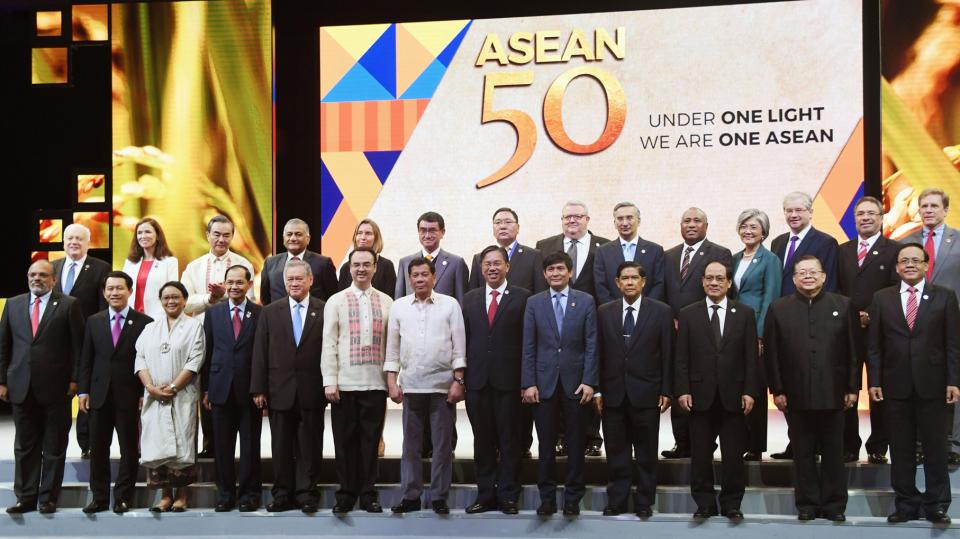The Code of Conduct (COC) in the South China Sea is designed to create conditions for negotiating a solution to the sovereignty disputes in the territorial waters, instead of directly interfering in the process of the negotiations, noted Zhu Feng, dean of Nanjing University’s School of International Relations, writing for
Cankao Xiaoxi ("News for Reference"), a newspaper run by Xinhua News Agency.
China and ASEAN (Association of Southeast Asian Nations) countries agreed on a framework for the COC earlier this month.
If the COC is going to be a legally binding document, the scholar said, negotiations over the document should mirror the free will and cooperative spirit shared by China and ASEAN countries and avoid being used by “outside powers” as an excuse for interfering in regional affairs.
The situation in the South China Sea has changed significantly since 2002, Zhu said. On the one hand, China and other ASEAN claimants have all made considerably more efforts to claim their territorial rights. On the other, the interference from “outside powers” has emboldened claimant states in ASEAN to raise their voices when bargaining. Bringing the South China Sea to international arbitration, in particular, has seriously violated the agreement China and ASEAN have reached in the Declaration on the Conduct of Parties in the South China Sea, Zhu said.
Such principle-breaking acts have become a fundamental cause of escalating tensions in South China Sea, Zhu noted. China and ASEAN should, through the COC, call for a spirit of cooperation, and more importantly, establish rules to prevent individual countries from damaging the negotiations through inappropriate acts, the scholar said.

 Old Version
Old Version